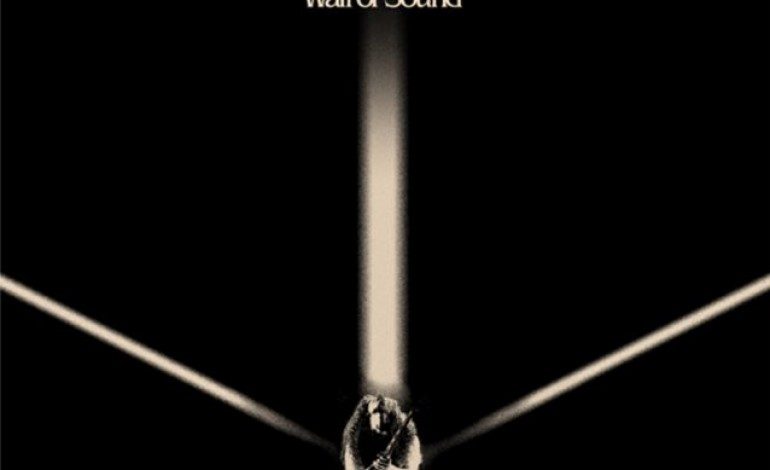

Unmatchable Energy Throughout
Marty Friedman, best known for his time as a member of metal band Megadeth, continues to thrive in his later years as a solo act. His newest album, Wall of Sound, which was released August 4 doesn’t disappoint in its (mostly) purely instrumental development. The energy on this album is fantastic, pulling the listener in from the start, much like a never-ending intro to a song. The climax of said intro, however, does not lie within only one song but continues to develop in each song throughout, never really coming to a satisfying end.
A stand out early song from Wall of Sound is “Streetlight.” A more mellow song, “Streetlight” builds through the guitar playing and percussion highlighted especially towards the end of the song. The guitar itself sounds like it’s singing through its voice-like qualities. The voice of Friedman’s guitar playing is exemplified again in “The Blackest Rose,” taking a more wailing sound this time before going into some incredible picking at the 1:37 mark. Friedman’s guitar playing tends to be the center of this album, which can be considered both bad and good. The intro feeling that this abundance of guitar creates can feel anticlimactic at times, but it’s hard to complain when Friedman is a master at his art.
There are a few guest songs on this album as well, one of them being “Something to Fight,” the only song on the album with vocals. Jørgen Munkeby, who has a hint of ’80s hard rock inflection to his voice, provides these vocals. His energy is unmatchable, and this song is definitely one from the album that should be checked out. Another guest song is “Sorrow and Madness,” which features Jinxx from Black Veil Brides, and some amazing violin work that gives the song a unique feel from the rest of the album. Then there is “Pussy Ghost” which features Shiv Mehra from Deafheaven. “Pussy Ghost” brings an initial Pink Floyd like feel, the melody and percussion forming a heavy, ominous psychedelic sound. By far, “Pussy Ghost” is one of the strongest songs on the album.
A notable, but more low key song on Wall of Sound is “Miracle.” A softer song, lacking the intensity that a lot of the rest of the album has, makes up for it by creating a story throughout. The change of pace and development of the track brings a mixed sense of emotions. It’s not the most experimental song on the album, but it captures attention and serves as a nice break from the style of the rest of the album. A similar song is “Whiteworm,” which has a movie soundtrack style to it. This song also plays it safe, but it’s entertaining and enjoyable to listen to.
Wall of Sound is a masterpiece of guitar playing, raw energy, and collaboration. Arguably, the collaborative songs are the album’s strongest, as the combined talent of Friedman and his colleagues create some incredible power and notability. The album can get stale at times, as many of the songs are similar in sound and style, but all in all, it’s another great solo album from Marty Friedman that is well worth a listen.
